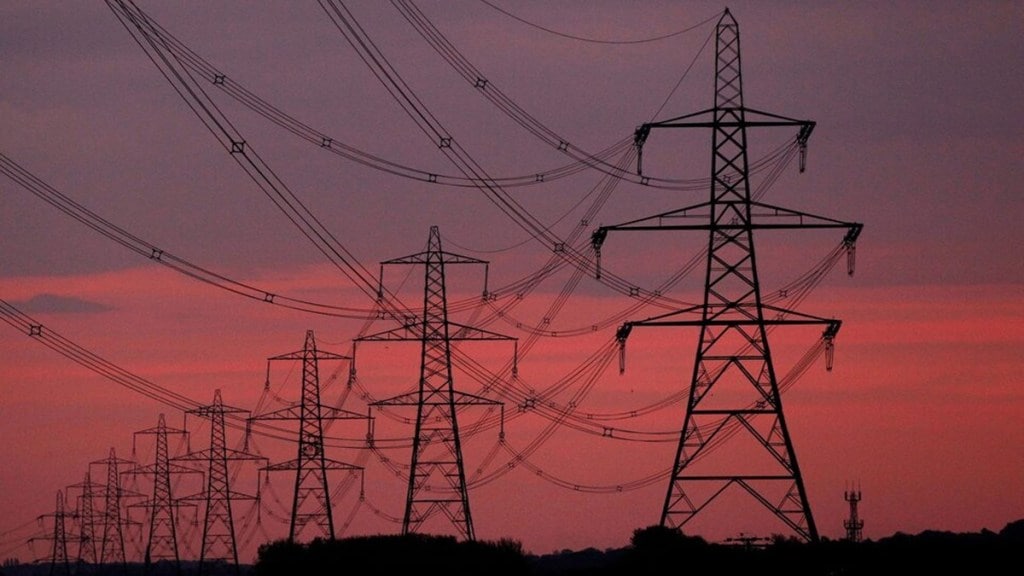Indian Energy Exchange (IEX) shares hit the lower circuit of Rs 169.10, a 10% decline. IEX’s shares tanked after Central Electricity Regulatory Commission (CERC) approved implementation of market coupling in Day-Ahead Market (DAM) in a phased manner. The coupling of DAM is to be implemented by January 2026. The country’s power exchanges to act as Market Coupling Operators (MCO) on a round-robin basis, says CERC.
The selling on the exchanges was so strong that on NSE alone, there were more than 4.2 crore share sell orders and not a single buyer for the stock was seen.
CERC is a statutory body in India, which is responsible for regulating the inter-state transmission of electricity and the tariff of generating companies owned or controlled by the Central Government. It also plays a role in advising the Central Government on electricity policy and promoting efficiency in the electricity industry.
What is Market Coupling?
Historically, electricity markets in various regions or nations have functioned separately, resulting in potential price differences and inefficient utilisation of cross-border transmission capacity.
Market coupling is a process where bids and offers from multiple electricity exchanges are aggregated. Instead of each exchange setting its own price, all buy and sell orders are brought together.
The role of Market Coupling Operators (MCOs)
MCOs are the entities responsible for the technical and operational aspects of implementing market coupling. Their primary functions include aggregating bids and offers and then matches supply and demand across the coupled markets. MCOs also determining uniform prices based on the algorithm’s output.
IEX’s share performance
The share price of IEX has fallen 26% in the last five trading sessions. The stock has declined by 20% in the past one month and 11% in the last six months. IEX’s share price has erased 14% of investors’ wealth in the past 1 year.


